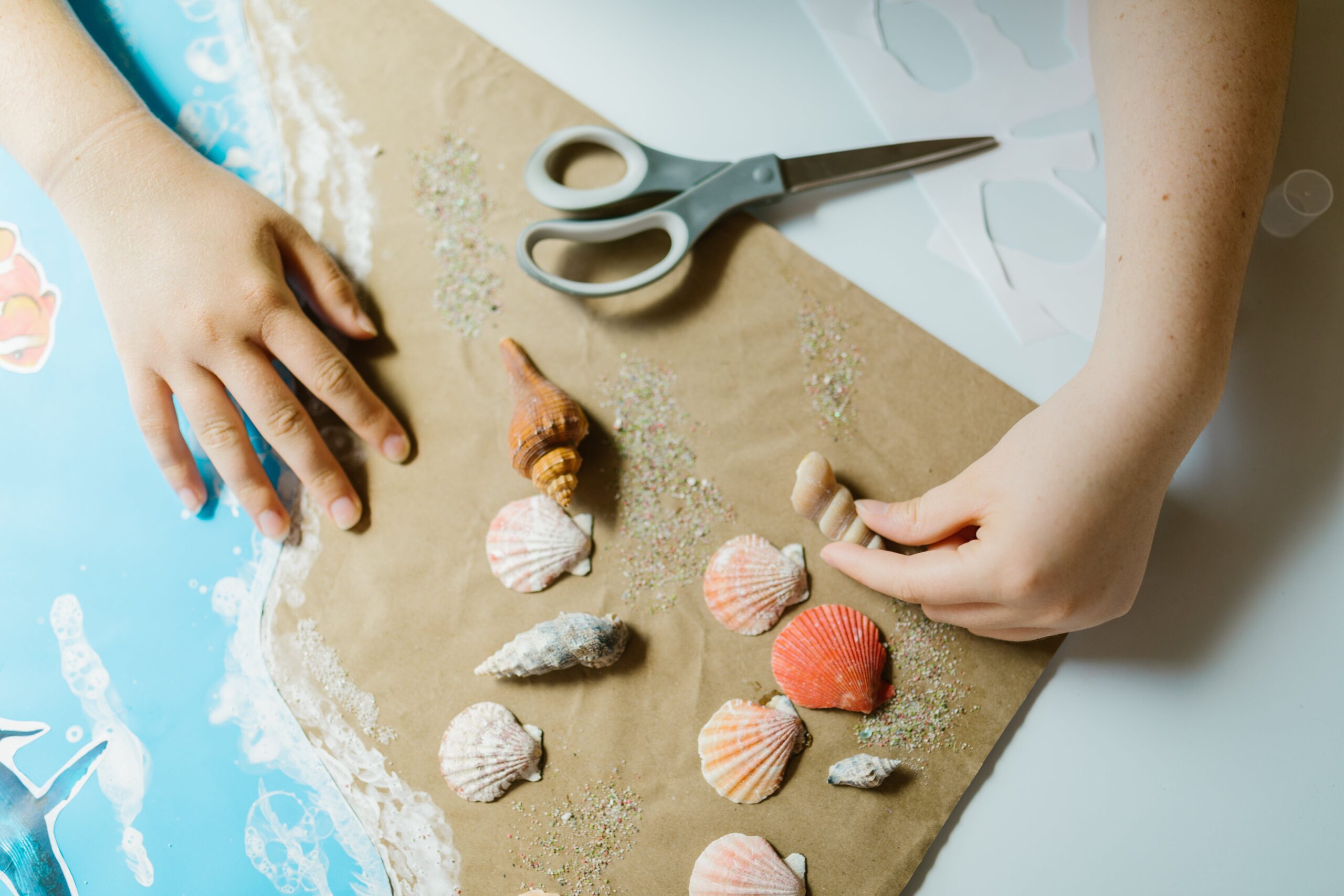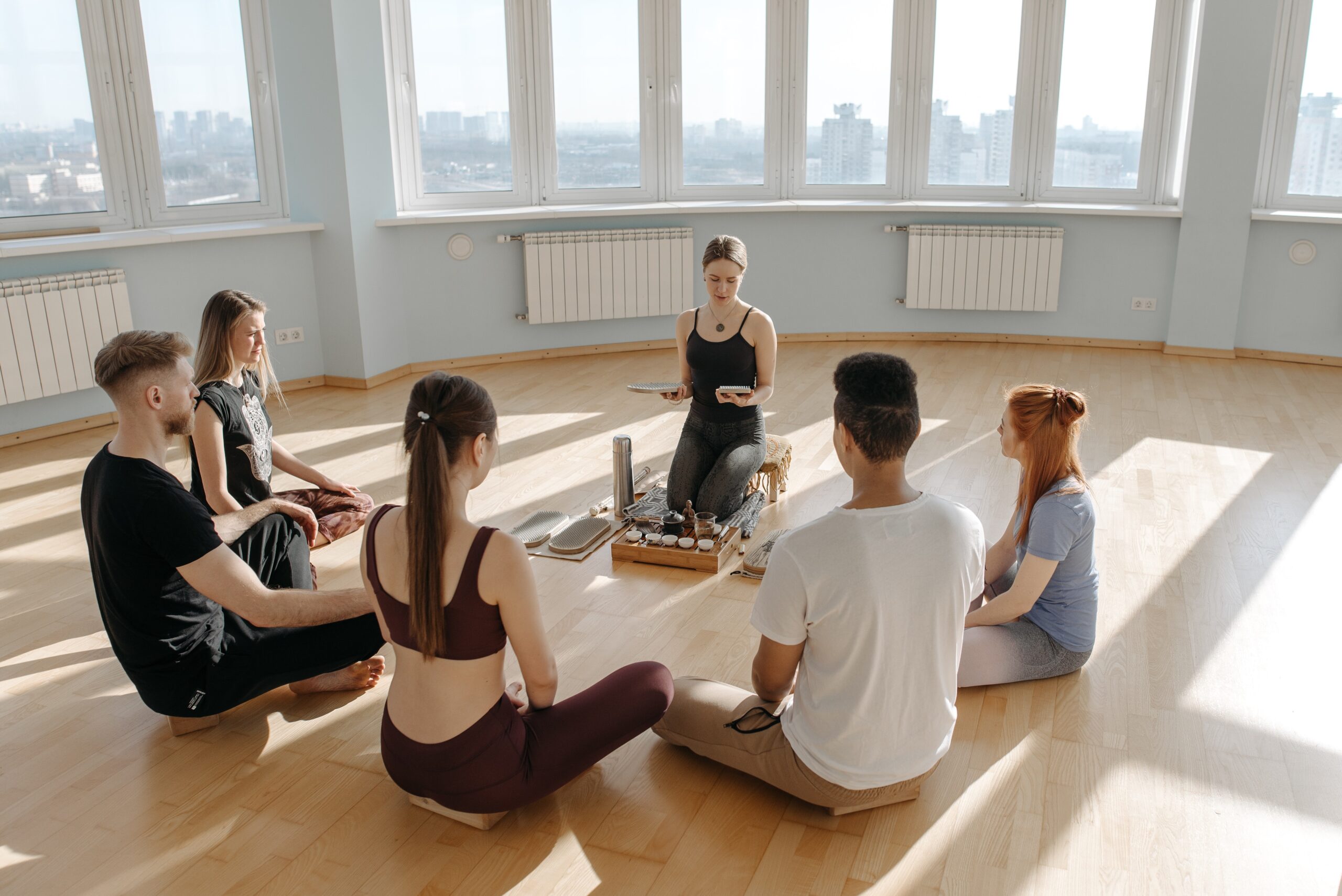Adapting Coping Skills in Recovery
Adapting Coping Skills in Recovery
When you begin the road to living cleaning and sober you need to consider the mind, body and soul. This simply means to think about how all aspects of your being are functioning at any given point in time.
When these three points are healthy, you will have a better chance of staying clean and sober. Use these coping mechanisms to help you achieve this sobriety:
Focus on Controlling Stress
Learning how to manage stress is a vital part of recovery. Stress has the power to disrupt your cause of friction and lead to relapse. Adapting Coping Skills in Recovery is important. There are many methods people can use to help control stress. These include:
- Deep breathing. Learning how to slow your heart rate and breathing rate through deep breathing is easy. When you feel stressed, breathe in deeply to a count of 5, hold your breath for 5, and release to a count of 5. Repeat 5 times.
- Yoga. Yoga’s poses and movements, combined with breath work, help to quiet your mind and achieve a calm state.
- Meditation. Find a quiet time to sit alone quietly and meditate. Practice this process daily and soon you will learn how to ease distracting thoughts and worries.
- Massage. A massage can help release the toxins in your muscles and relax the body.
- Music. Music has great power to affect your state of mind. Create a playlist of songs that can relax you, uplift you, or motivate you. Let these songs play while you work, clean, cook or relax.
Take up Healthy Habits.
Turn boredom into being productive by taking up some healthy new hobbies that bring you joy. Consider these:
- Arts and crafts. Tap into your artsy side as an outlet for your soul. Take up a new craft, like 3d printing, painting, or building models.
- Gardening. The process of planting and growing fruits or vegetables can be very fulfilling and rewarding.
- Photography. Capture the stunning beauty that is all around you. Taking photos is a great pastime that allows you to focus your mind on all that is pleasant in your surroundings and in nature. See the world through the lens of your camera.
- Cooking. Sign up for a cooking class or tune in to an online cooking show. You will be inspired to try new recipes.
Take time to reflect.
Carve out a little time each day to nurture your spiritual side. You might pick up a book that inspires you. Maybe you spend some time in prayer or start a gratitude journal.
Cultivate new friendships.
Without each other, we will fail in our efforts to get better. Our support sources include friendships, and these must be nurtured always. Build up your new sober network and sow the seeds for a lifetime of mutual caring and support.
Go to therapy.
Do not, repeat-not, ignore the need to keep up with your therapy sessions. Sometimes no matter all your efforts you still find yourself on shaky ground. Enlist the support of your group or one-on-one therapy sessions to help you through a challenge.
Stay active.
Sitting is one of the least healthy things we can do. To keep our bodies, minds, and spirits in a healthy place it is crucial that we remain active. Define your fitness program any way you want, but just be sure to include regular movement into your days and weeks.
Learn to distract yourself.
One of the most useful tools in recovery is riding the wave of a trigger or craving to avoid a relapse. This is a skill that takes some honing. Create a list of 2 or 3 things you can do to distract yourself when triggered. These can be things like taking a run, going to a meeting, or meeting up with your sponsor.
Improve sleep quality.
Nothing will ruin your day like a bad night’s sleep. Respect your body’s need for restful sleep and do the things that will help you achieve that. These include avoiding caffeine after 3 pm, avoiding heavy meals at night, and shutting your devices off an hour before bed.
Staying sober is about creating healthy balance. By giving all aspects of your being the needed love and support you increase your chances of recovery success.
Transformations by the Gulf Addiction Treatment Develops Coping Skills and Shows You How to Use Them.
Transformations by the Gulf Addiction Treatment devotes its efforts to caring for and helping heal the whole person. It is through this pathway that real change can be made, and wellness restored. Learning and practicing coping skills for addiction recovery is a core treatment focus in our program. For more detail about the program, please reach out to the team today at (727)-498-6498
What is Holistic Substance Abuse Treatment?
Substance abuse and mental health treatment has evolved in the last few decades. As a result of this evolution, individuals now have more Types of Therapy than ever before. While the abundance of options can be a lot to take in, it means there is now more opportunity to find treatment that better suits you.
Alongside traditional substance abuse treatment methods and evidence-based models, more treatment facilities have started adding holistic treatment options into their program. Holistic treatment focuses on treating the whole person, not just the symptoms of a disease. Understanding holistic treatment and its benefits may help you determine if it’s a better option for your journey of recovery.
DEFINING HOLISTIC TREATMENT AT TRANSFORMATIONS BY THE GULF
Before diving into its benefits, it is best to begin by defining what the term “holistic treatment” means and what a “holistic approach” to treatment is. A holistic approach considers the interplay between a person’s physical, emotional, social, and spiritual needs when seeking treatment. Rather than seeking to alleviate symptoms at a surface level, holistic treatment dives deeper to discover the root causes of an individual's struggles. Everyone’s experience with addiction or mental illness is different, so individualized treatment is a necessity.
Another fundamental factor of holistic treatment is its focus on wellness. Those in recovery are often told that treatment requires them to make life changes. To live a life of recovery, individuals must strive for improved health and wellness. Holistic practices help people make healthy life choices and, in the long run, improve well-being in every aspect of life.
TYPES OF HOLISTIC PRACTICES YOU CAN TRY AT TRANSFORMATIONS BY THE GULF
Holistic therapy programs usually feature personalized, non-medical, whole person approaches to recovery. Recovering individuals can practice these approaches through several mindfulness-based practices. Upon leaving treatment, those practices become tools to help those in recovery maintain long-term healing and a healthier lifestyle. Consequently, holistic tools are helpful when integrating back into everyday life post-treatment.
The following practices are simple mindfulness-based holistic practices that anyone can try.
ACUPUNCTURE
Acupuncture is another holistic practice many people try. This holistic healing method involves a trained professional inserting thin needles into certain nerve points in a patient's body. The acupuncturist may then press on or move the needles in certain ways with their hands or small electrical devices. Doing so promotes blood flow and electrical stimulation in the body to activate the body's natural healing processes.
These are just a few holistic approaches to try. Some practices will be more effective than others for certain people. When individuals begin experimenting with different holistic techniques, they will learn what works best for them, their body, and their situation. One should consult their doctor or a mental health professional to determine what practices may best benefit their recovery process.
ART THERAPY
Meditation is a form of mindfulness that helps individuals slow down, breathe, and focus on the present moment. In addition to reducing and managing stress, meditation helps people lower their heart rate, normalize their blood pressure, and improve sleep.
BOAT THERAPY
Boat therapy is a form of treatment that uses therapeutic sessions and activities on a boat to help people cope or overcome a wide range of challenges and issues. And though you might just now be hearing about it, boat therapy has been around for years.
CUPPING THERAPY
Cupping therapy is an amazing ancient form of alternative medicine in which a therapist puts special cups on your skin for a few minutes to create a suction. Patients get it for many reasons, including to help with blood flow, inflammation, pain, relaxation and well-being, and as an alternative type of deep-tissue massage. It dates back to ancient Egyptian, Chinese, and Middle Eastern cultures. One of the oldest medical textbooks in the world, the Ebers Papyrus, describes how the ancient Egyptians used cupping therapy in 1,550 B.C.
MEDITATION
Meditation is a form of mindfulness that helps individuals slow down, breathe, and focus on the present moment. In addition to reducing and managing stress, meditation helps people lower their heart rate, normalize their blood pressure, and improve sleep.
YOGA
Yoga helps individuals struggling with addiction and/or mental illness by reducing withdrawal symptoms and cravings and offering a healthy outlet to cope with stress. Yoga can encourage people to increase strength and self-awareness, develop healthy exercise and eating habits, and even achieve emotional healing through intentional movement and breath.
If you or someone you know would like to know more about Transformations by the Gulf Substance Abuse Treatment Center Give us a Call 24/7 (727)498-6498
The success of a person’s recovery depends on the level of personalized treatment provided. It is important to find an addiction treatment program that works. When we say our treatment is individualized, we mean that we craft a program that is tailored to address the client’s unique physical, mental and emotional needs.
In the client’s first 24 hours with us, we’ll evaluate their current state and work to understand what challenges they need to overcome. They’ll also have an initial session with our doctor and meet with one of our licensed mental health professionals.
After the initial evaluations, we’ll design a treatment plan with the sole mission of helping the client overcome and heal from addiction. Their program will focus on things such as:
- Addressing and Identifying root causes of addiction.
- Creating a support system.
- Developing healthy stress management techniques.
- Eliminating Substance use.
- Learning how to communicate emotions effectively.
- Maintaining a healthier lifestyle.
- Repairing damaged relationships.
Our Facility is near the beach and offers a comfortable setting for substance abuse treatment and recovery.
What a Day is Like in Our Treatment Facility.
Why Transformations by the Gulf?

